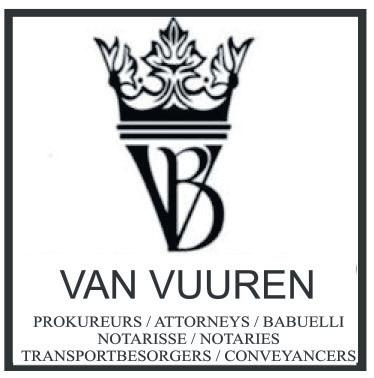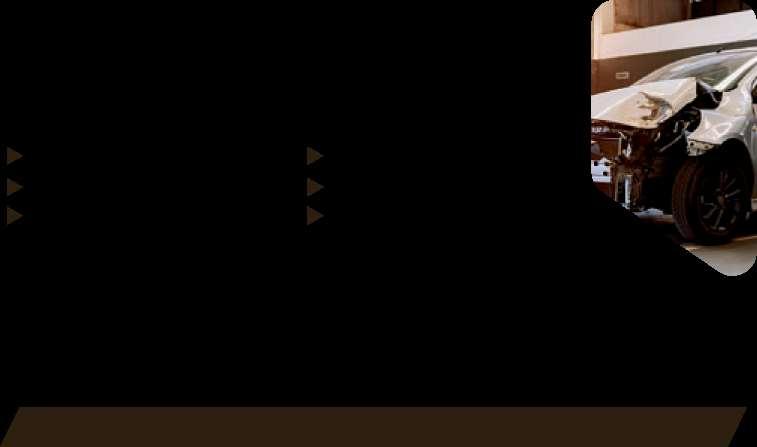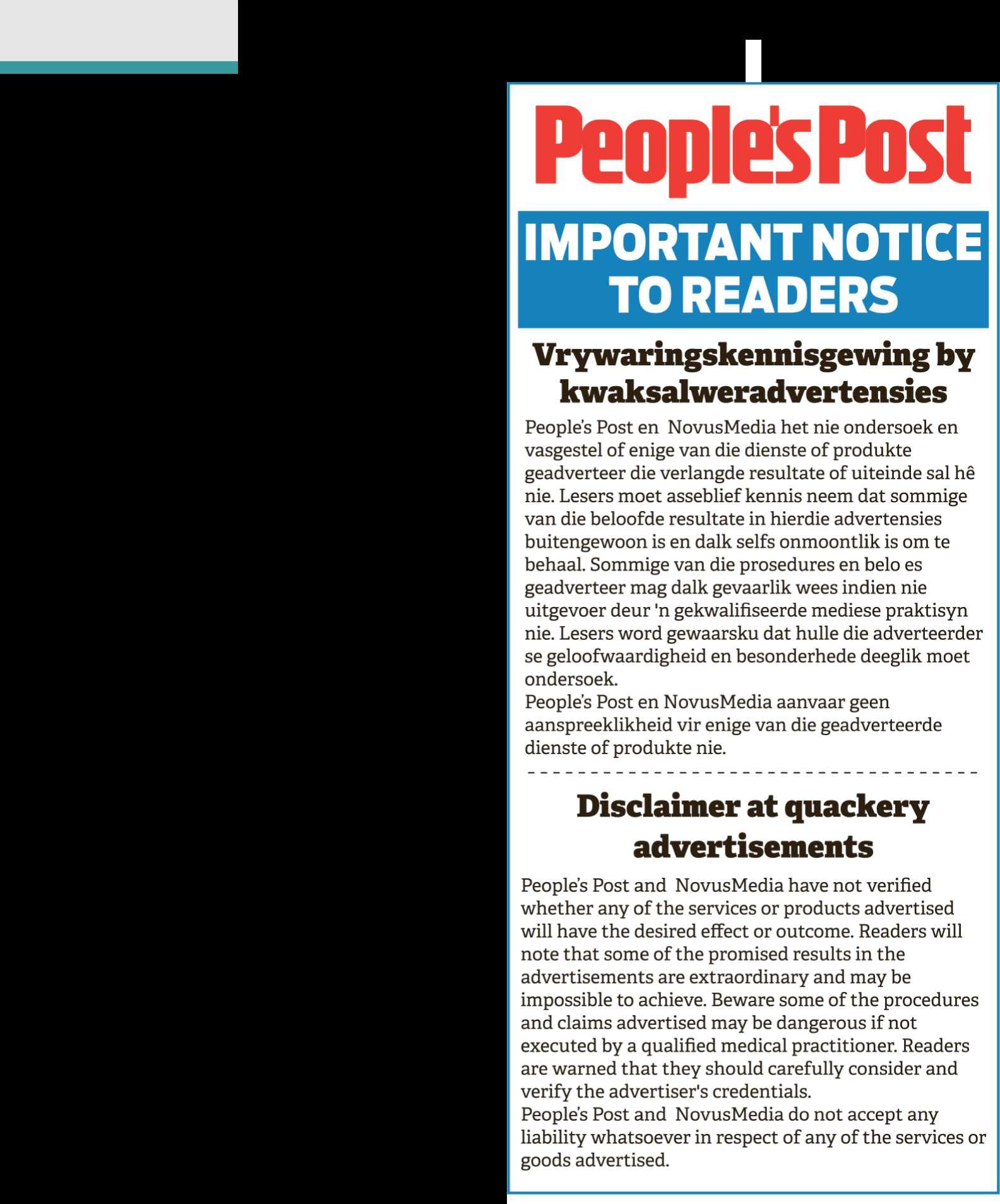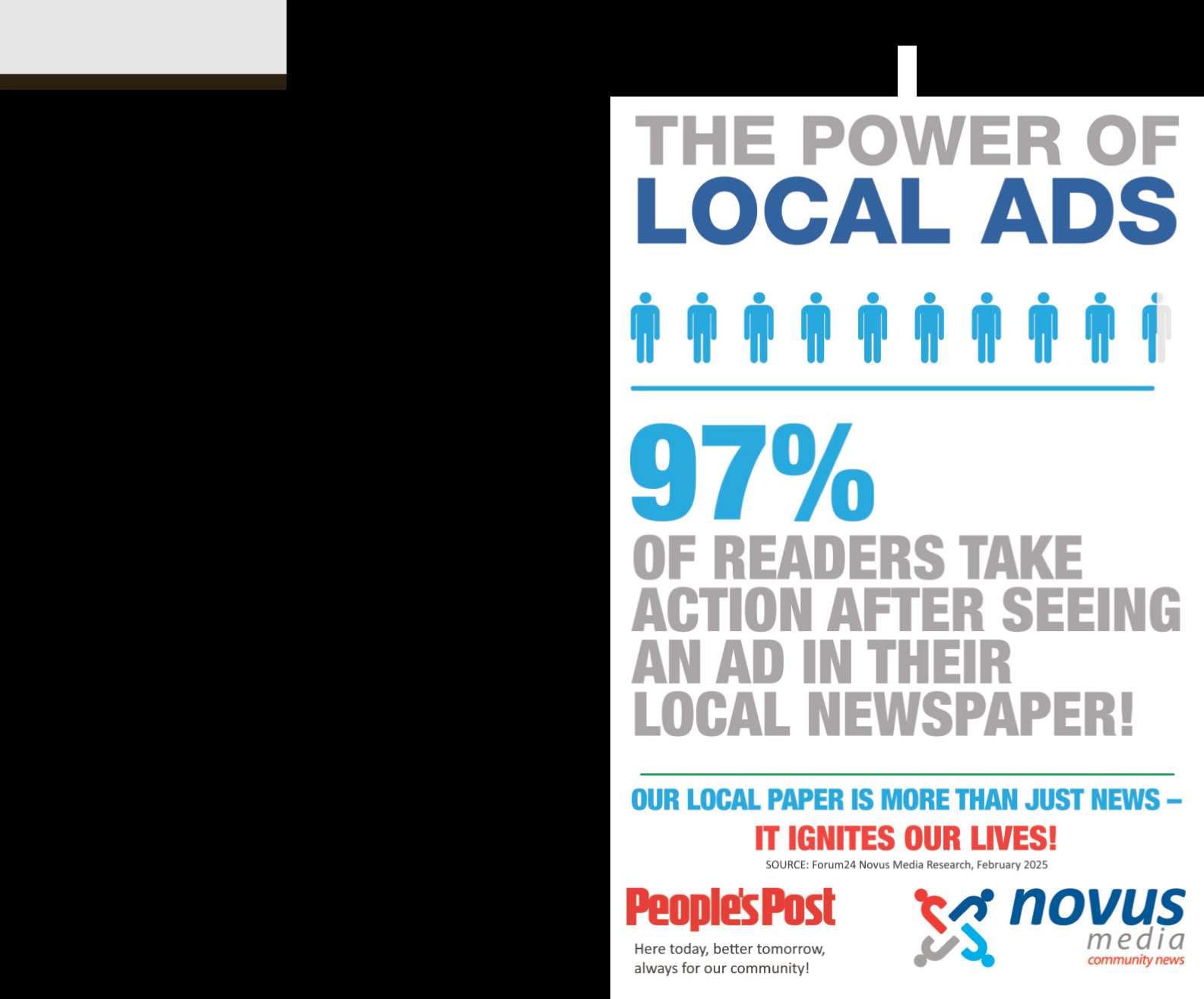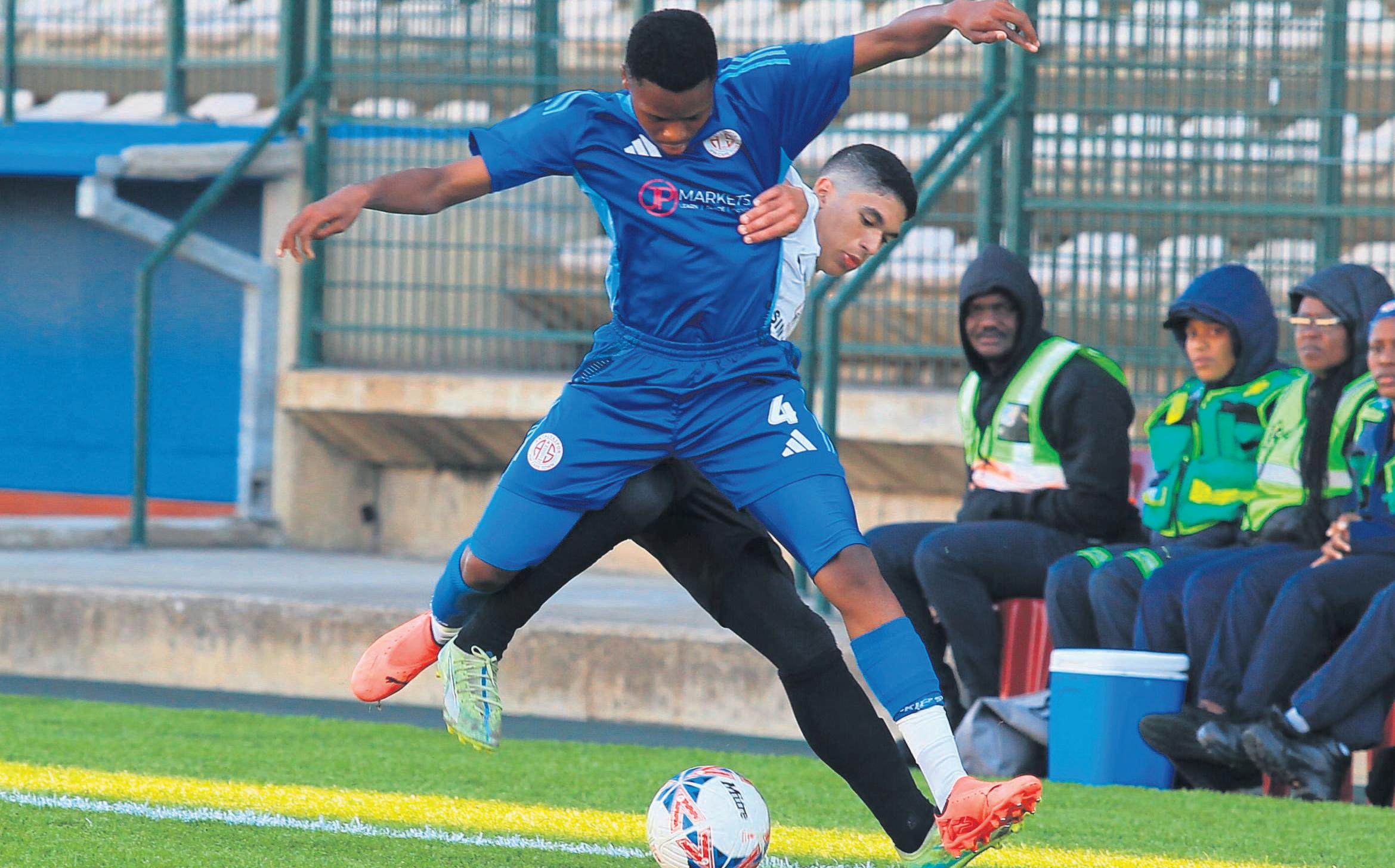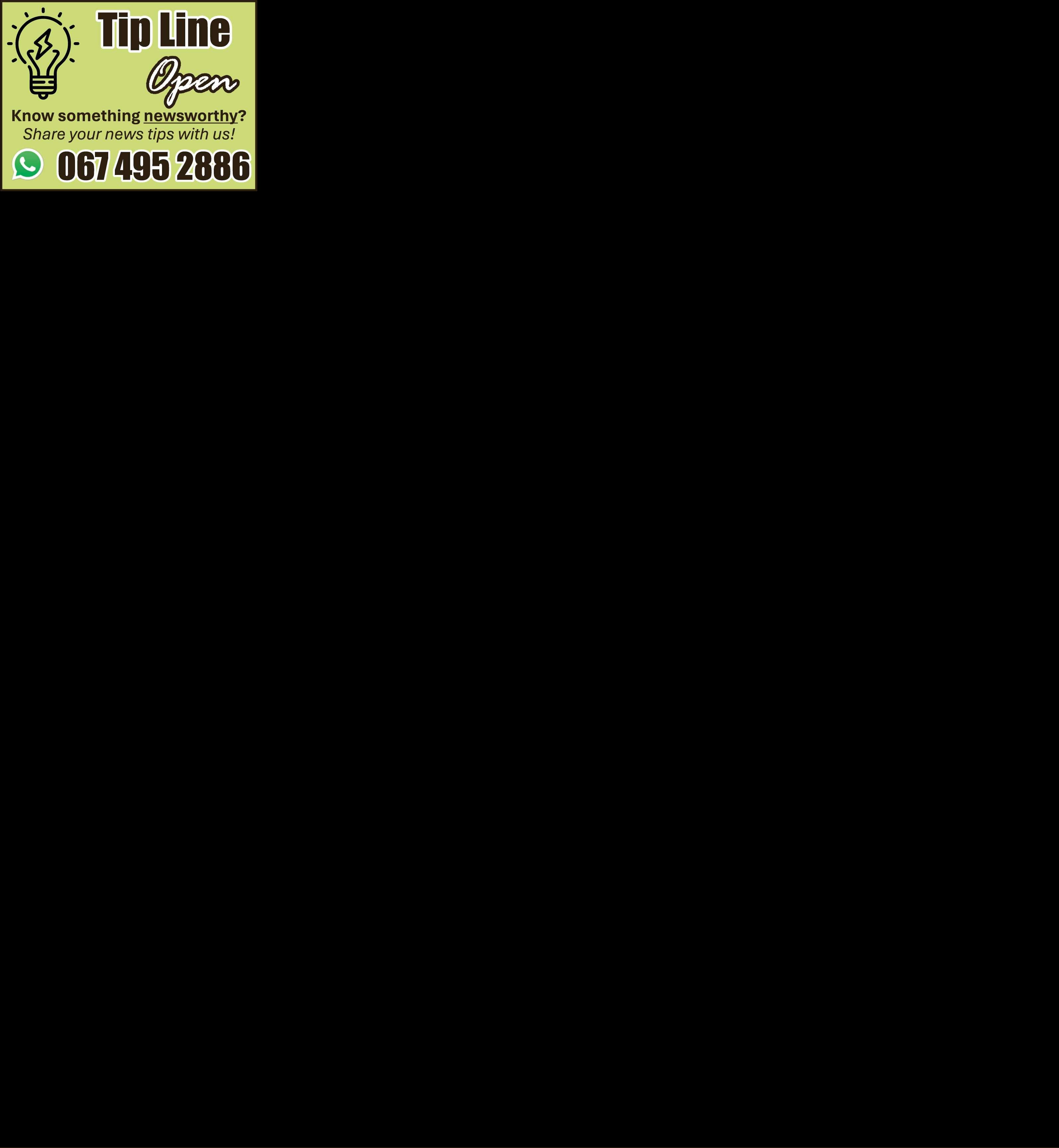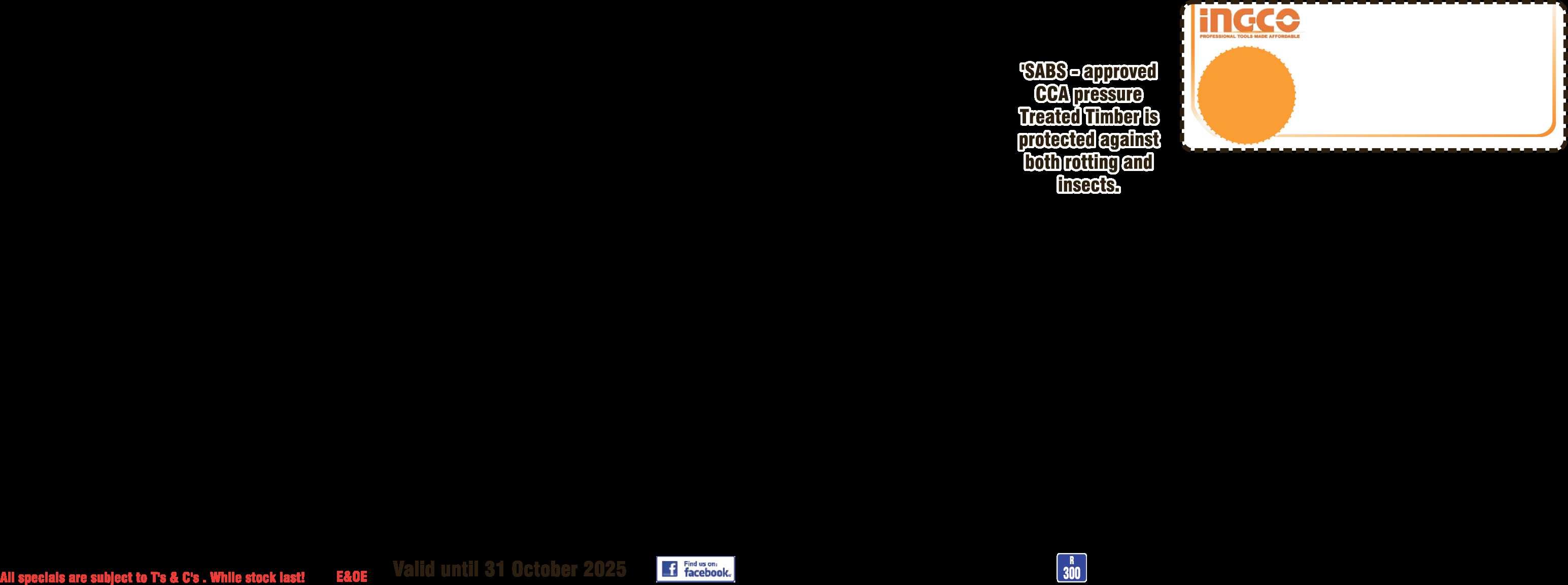CONSTANTIA | WYNBERG





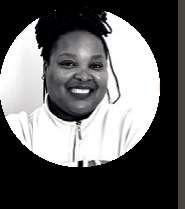
Homelessness has become one of Cape Town’s most visible and most complex social challenges From the city’s busy intersections to quiet suburban corners, the sight of people living on the streets has become a daily reminder of inequality and exclusion.
But in Wynberg, a group of residents, faith leaders, and non-governmental organisations (NGOs) are trying something new, a community-led model of hope that may offer a glimpse of a different path forward
After two years of planning and collaboration, the long-anticipated U-Turn Homeless Service Centre
officially opened its doors at the Wynberg Methodist Church on Saturday, 11 October Unlike most similar facilities, this one wasn’t established by the City of Cape Town or a large non-profit organisation It was initiated by ordinary citizens determined to do something about homelessness in their neighbourhood
According to Ward 62 councillor Emile Langenhoven, the idea was first put forward by Wynberg resident Nancy Krisch and Reverend Graham Goodwin of the Methodist Church, with guidance from U-Turn’s Jon Hopkins and Lise van Dool, both well known for their work in rehabilitation and skills development among people experiencing homelessness
“The establishment of this centre was not driven by the City, but by active citizens,” said Langenhoven “The City is, however, a financial donor through the Mayoral Fund, which contributed R230 000, while additional funding came from community members, businesses, and overseas
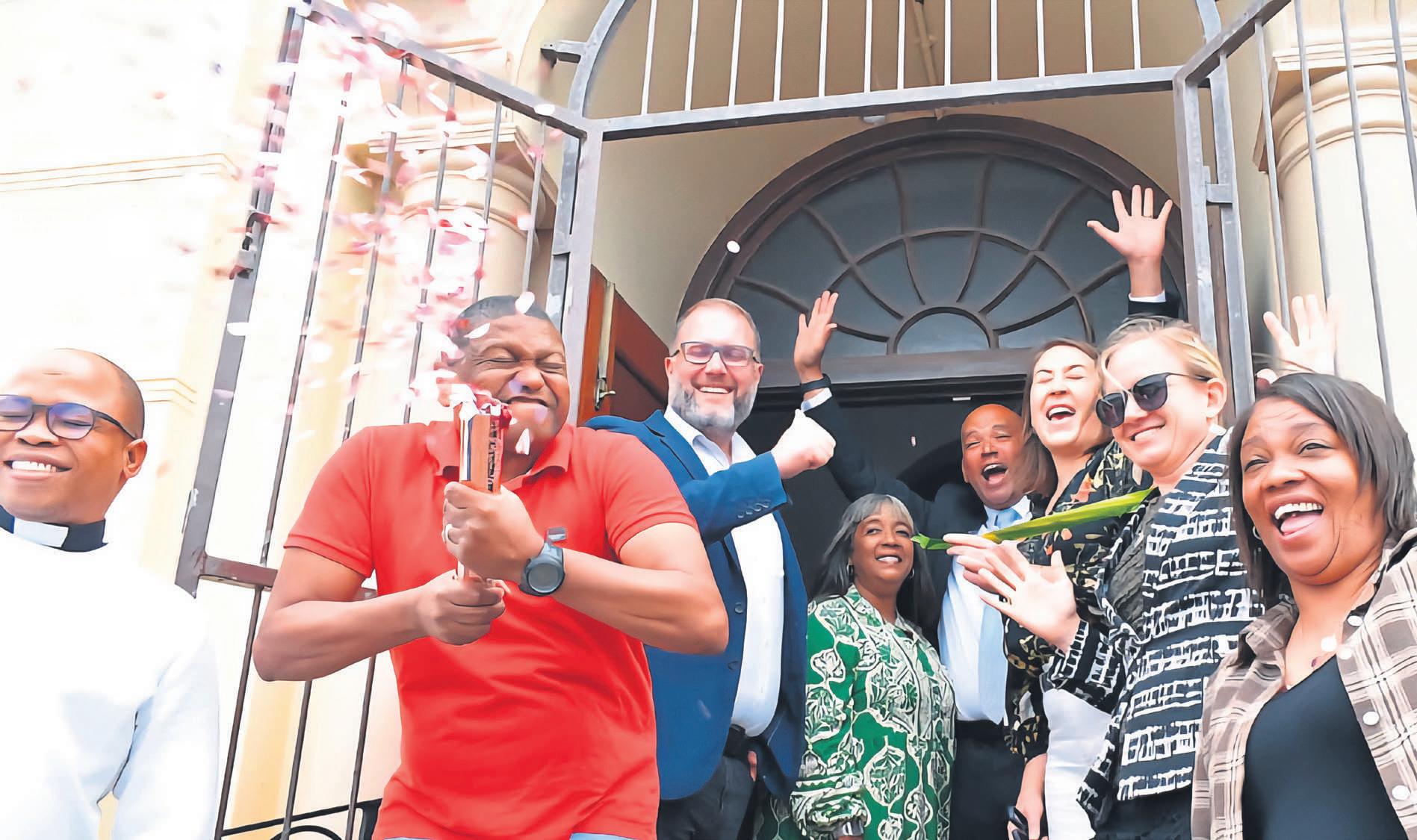
Homeless Service Centre officially opens its
at the
Revd. Obusitswe Tiroyabone (Methodist Church, Wynberg),
donors This model is possibly a first where the centre is community-driven ”
A model built on collaboration
The new facility will operate as a day centre, offering meals, counselling, case management, and skills training
These services are designed not just to meet immediate needs but to help people reintegrate into society, a goal that many believe is essential to breaking the cycle of homelessness
The centre will also complement the nearby Haven Night Shelter, and talks are underway to establish a “day-and-night” partnership, providing continuous support from morning to evening
Langenhoven believes this type of
collaboration is key
“Through the Homeless Alliance, we ’ re bringing together community-based organisations, government, law enforcement, and private security to create a value chain of services that can reintegrate people into society,” he explained “No single organisation can do it alone ”
The bigger picture: A city under strain
The launch comes at a time when homelessness in Cape Town is rising sharply The City’s latest figures suggest thousands of people are currently living without shelter,a number that continues to grow as the cost of living, unemployment, and housing shortages deepen


While the City has invested in transitional safe spaces and support services, many non-governmental organisations argue that community-based responses are crucial,offering more flexibility, empathy, and local accountability
Organisations such as U-Turn, which has operated in the city for over two decades, focus on helping individuals rebuild their confidence, reconnect with family, and develop work-readiness skills The new Wynberg centre extends that philosophy into the southern suburbs, creating access to services closer to where people live and seek help
A shared responsibility
Langenhoven said that while
the City’s contribution,R230 000 through the Mayoral Fund,was vital, the true success of the project lies in ongoing community participation
“It will take active citizens to keep this centre alive,” he said, thanking U-Turn’s fundraising team, especially Andrew Soden, for helping to secure additional financial backing
Already, the Wynberg U-Turn Ambassadors WhatsApp group has close to 100 members,residents who share updates, volunteer opportunities, and fundraising initiatives For many, it’s a way of staying connected to the issue in a meaningful, practical way
A milestone in local action
As doors opened over the weekend, the mood among organisers was one of cautious optimism For them, the centre isn’t just a building its a symbol of what can happen when empathy becomes action
“We often talk about homelessness as a government problem,” said one volunteer “But what this shows is that community compassion, when properly organised, can create lasting change ”
The opening included a walkthrough of the new facility and short addresses by project partners, including representatives from U-Turn, the Wynberg Methodist Church, and the City of Cape Town
For those who have been part of the journey, the launch represents more than just an event,it’s a statement of intent: that homelessness is not someone else’s problem, and that communities have the power to lead solutions built on dignity, inclusion, and care

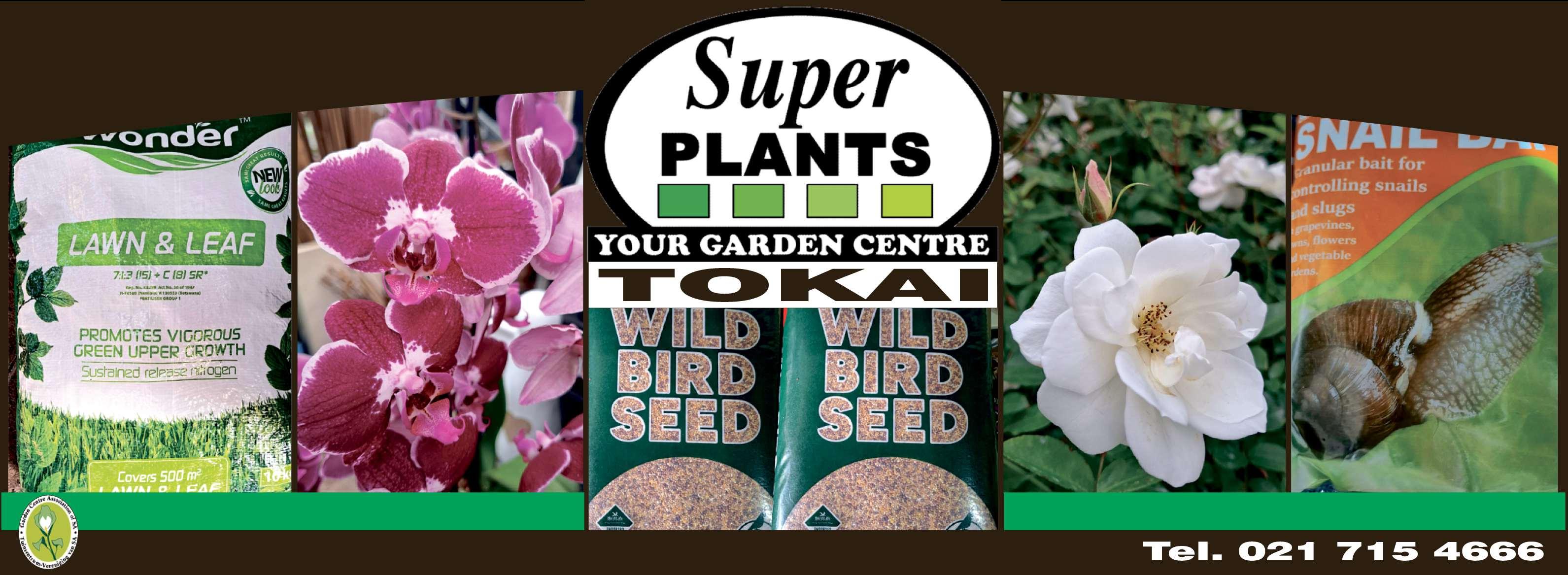




PROVINCIAL DATA SHOWS COVERAGE HAS DECREASED TO 67,4%
shimmer in the air that signals summer is arriving whether we are ready or not
It’s only October, but my body insists it’s already December The emails pile up, the deadlines loom, and yet I catch myself staring at the screen longer than I should, chasing sentences that don’t want to be found
The mistakes are petty, a misspelled name here, a missing comma there, but they feel heavier than they are Maybe it’s just fatigue
Maybe it’s the slow weight of a year that’s stretched all of us more than we planned for Does it feel that way to you too? Like the year has run ahead, leaving you slightly behind? Each month came and went, fast enough to blur, yet heavy enough to drain
It’s a strange tension, time moving quickly, but the body moving slowly And here
we are, with less than three months left, but already counting down as if the year were over
October is always a turning point It reminds us that the year is almost done, yet not quite Schools begin to speak of exams, offices whisper about leave schedules, and shops quietly stock Christmas decorations in the corners
You see it in the malls, in the bright reds and golds peeking out on shelves, in the adverts that already hint at festive sales The reminders are subtle but sure, the finish line is somewhere up ahead
Even nature seems to know the rhythm The days stretch longer, the heat settles into the evenings, and there’s a certain
The purple bloom of flowers a seasonal clock we can almost set our moods to But fatigue doesn’t care about the calendar It sneaks in early
It shows up in the form of writer ’ s block, in afternoons when focus slips through our fingers, in mornings when the snooze button wins It lingers in the sighs between tasks, in the half-written lists, in the quiet thought: “Just three more months ”
Yet the truth is, these are not empty days They still matter They still carry weight They still hold possibility
How do we honour them when we are this tired? How do we stay present when the temptation is to switch into autopilot and wait for the year to end? Perhaps the answer lies in gentleness
To treat ourselves not as machines that failed to keep pace, but as humans who have carried much
To forgive the slip-ups, the missed calls, the drafts left unfinished To recognise that being weary is not weakness; it is evidence that we have been engaged, that we have been present, that we have given of ourselves in ways that left a mark Because alongside the fatigue, there are still signs of life
Small joys that interrupt the haze: laughter at lunch with colleagues, the sight of flowers blooming in unexpected corners, the unexpected kindness of a stranger The way music can lift a dull morning, or how a simple walk can quiet the noise in the mind October carries its own gifts, if we ’ re
willing to notice them
Maybe this is the invitation of these last three months to hold both truths at once To admit we ’ re tired and still be open to what the year can offer To rest when we can, but also to dream again, even if only in small ways A new notebook bought A phone call made A promise kept to yourself These, too, are victories worth noting So as the year tilts toward its end, I find myself asking, what unfinished thing still deserves my attention?
What small habit of care can carry me into December stronger than I feel now? What new chance might still arrive before the fireworks and countdowns?
The temptation is to think it’s too late That if it hasn’t happened yet, it won’t But life doesn’t work that way Opportunity doesn’t follow the calendar It shows up unexpectedly, in October, in November, in December, in conversations, in ideas, in second chances
So yes, we might be tired Yes, the cursor blinks longer before the words appear Yes, mistakes creep in more often But fatigue is not the whole truth of who we are We are also resilient We are still showing up, still moving forward, still holding hope We are still making space for laughter, still pausing to notice beauty, still daring to believe that tomorrow can surprise us And even now, less than three months before the curtain comes down on 2025, the truth remains: Unyaka uyaphela kodwa akukapheli mathuba (The year may end but the opportunities are still there)
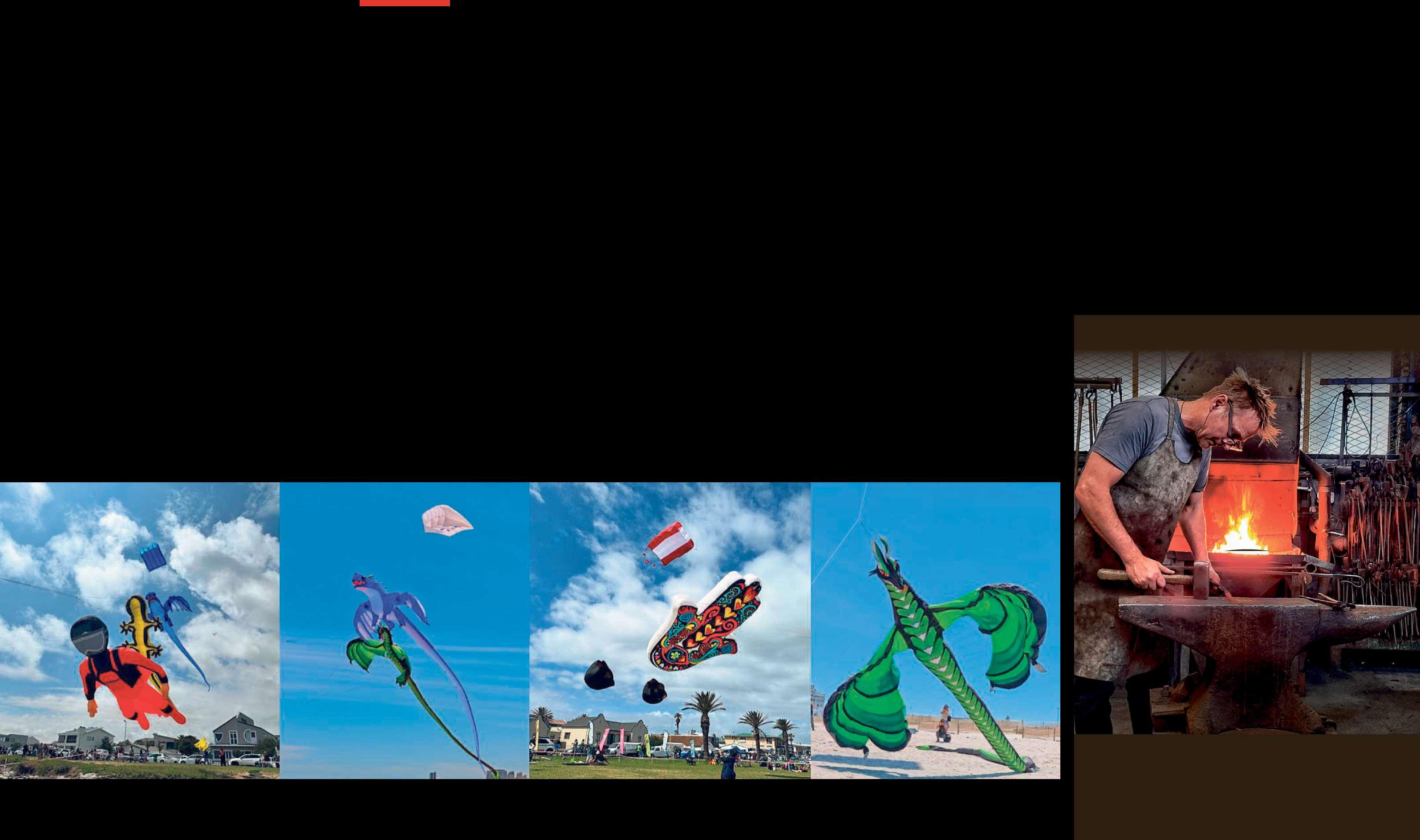




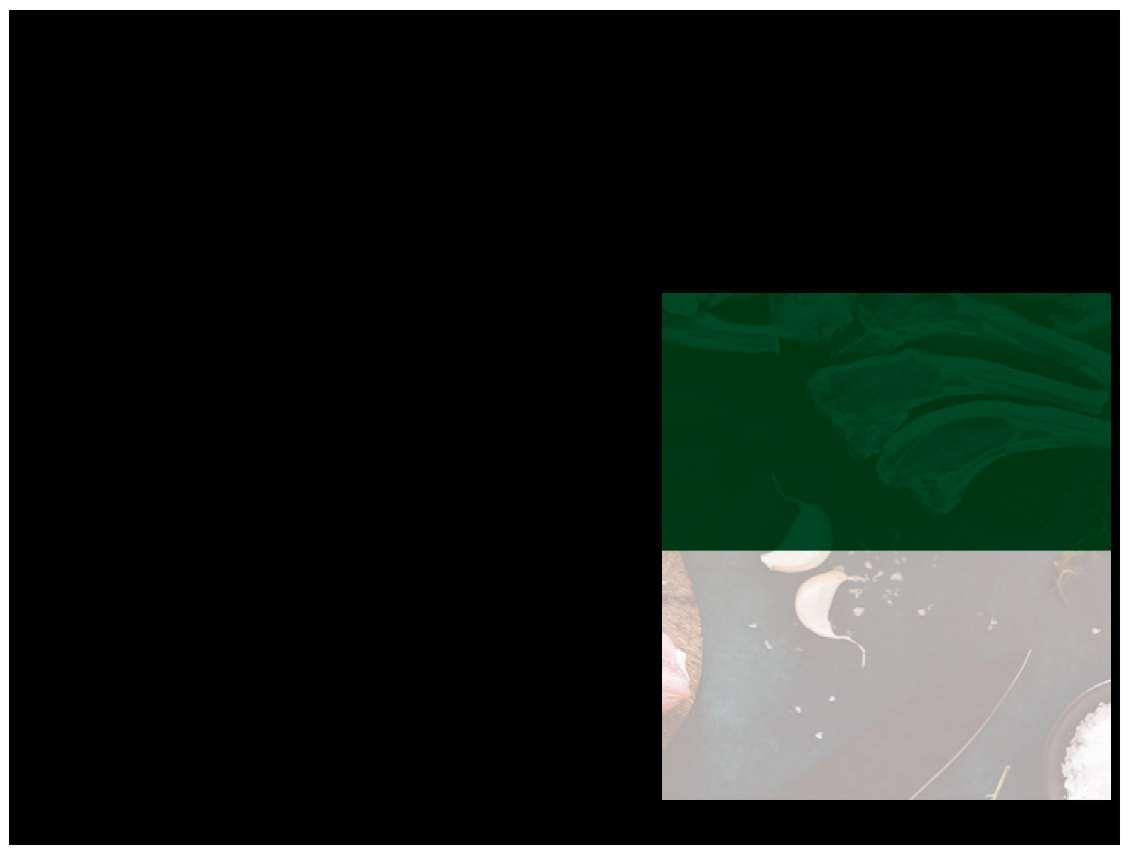
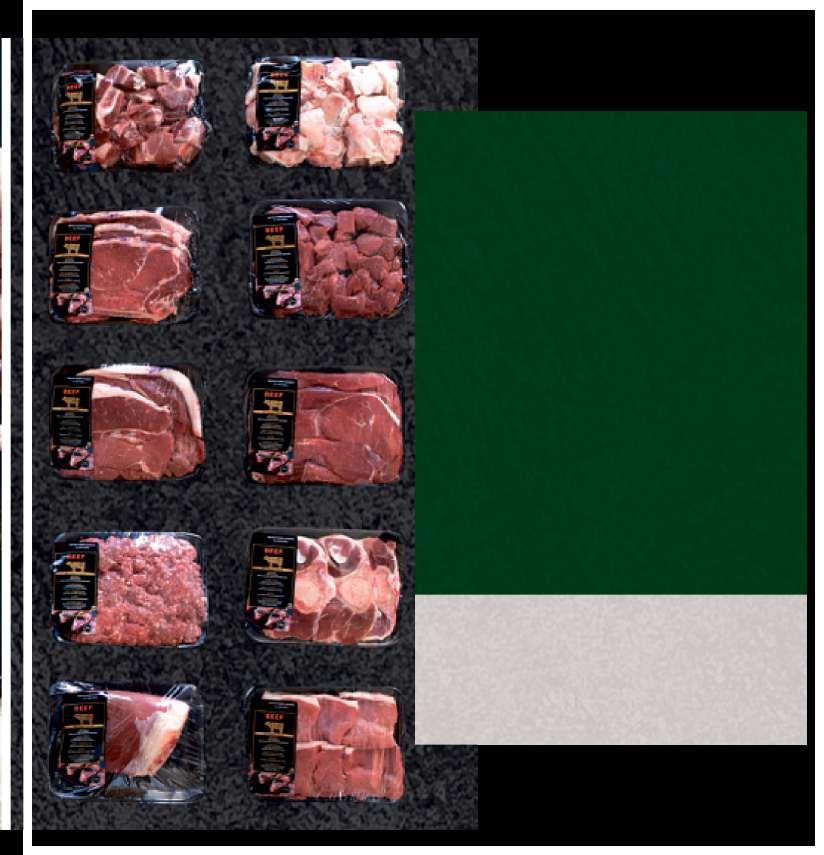
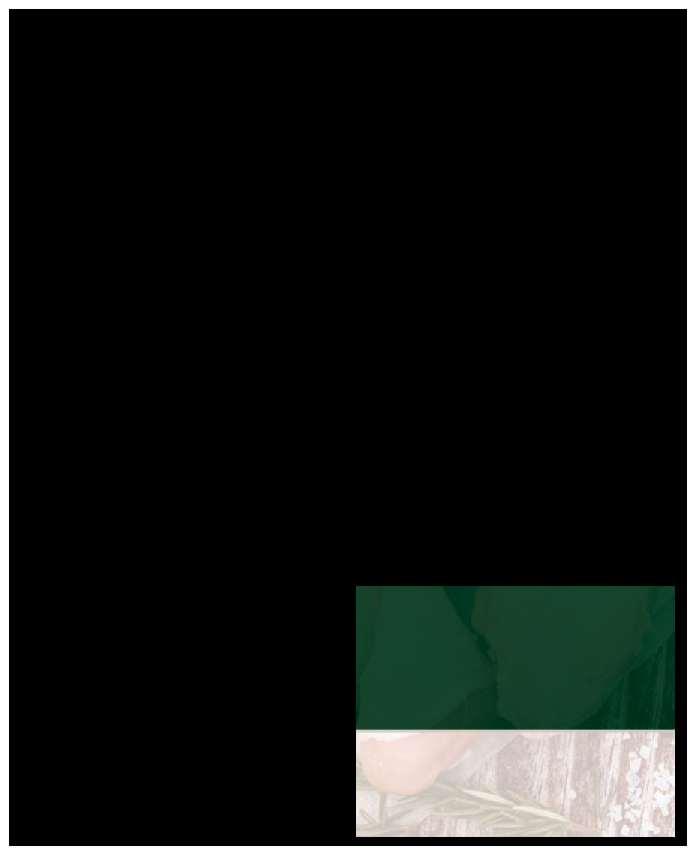




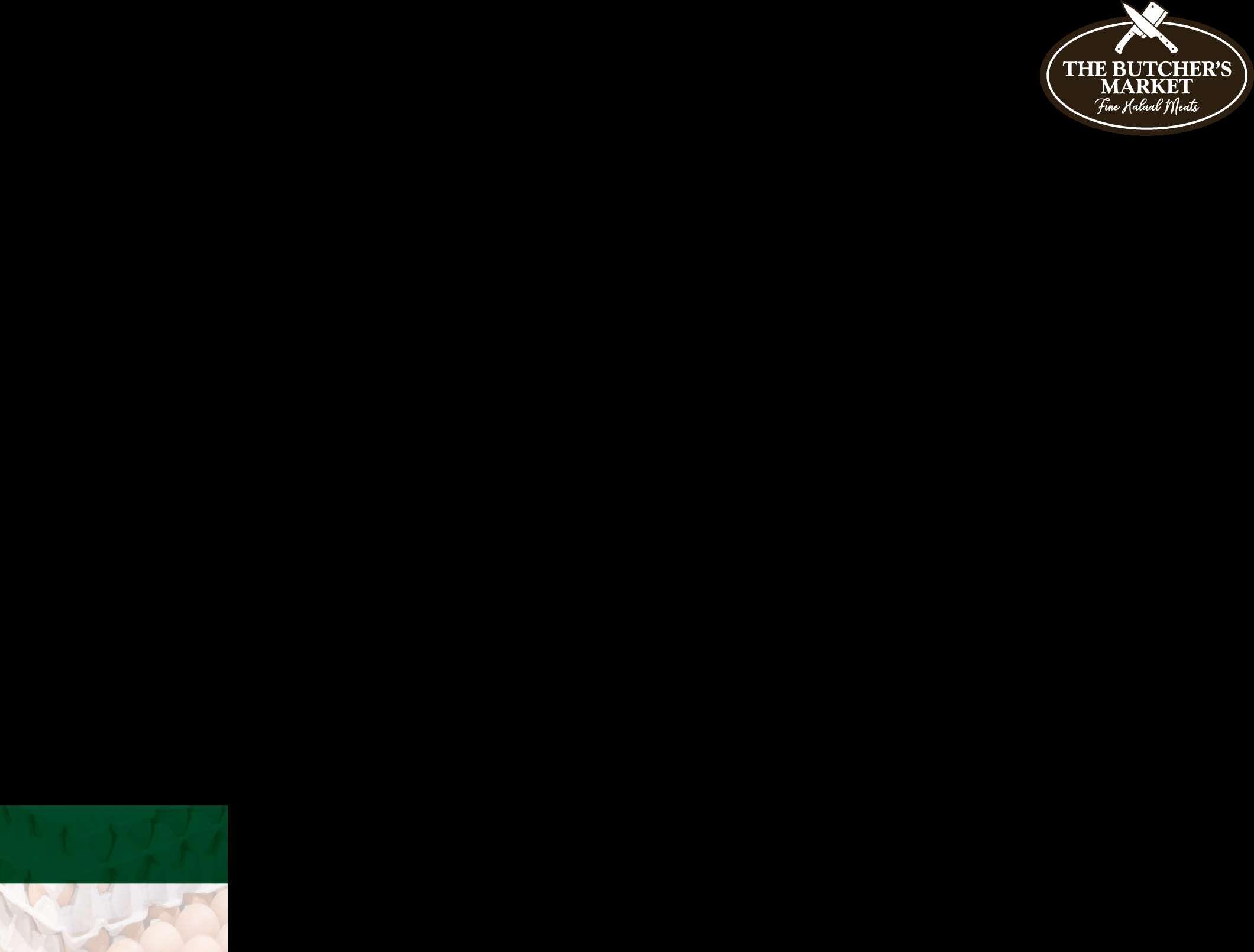
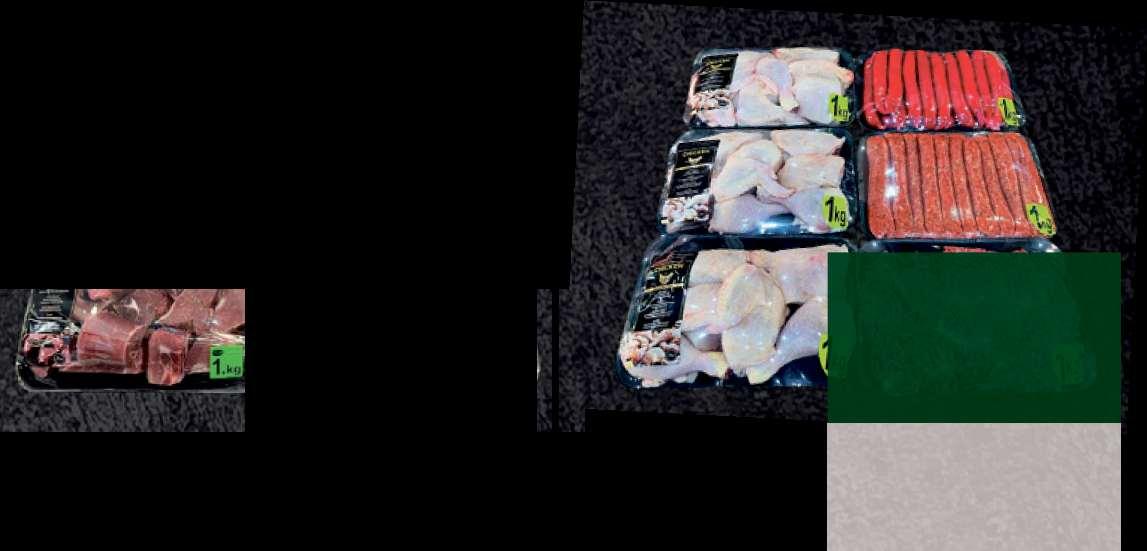


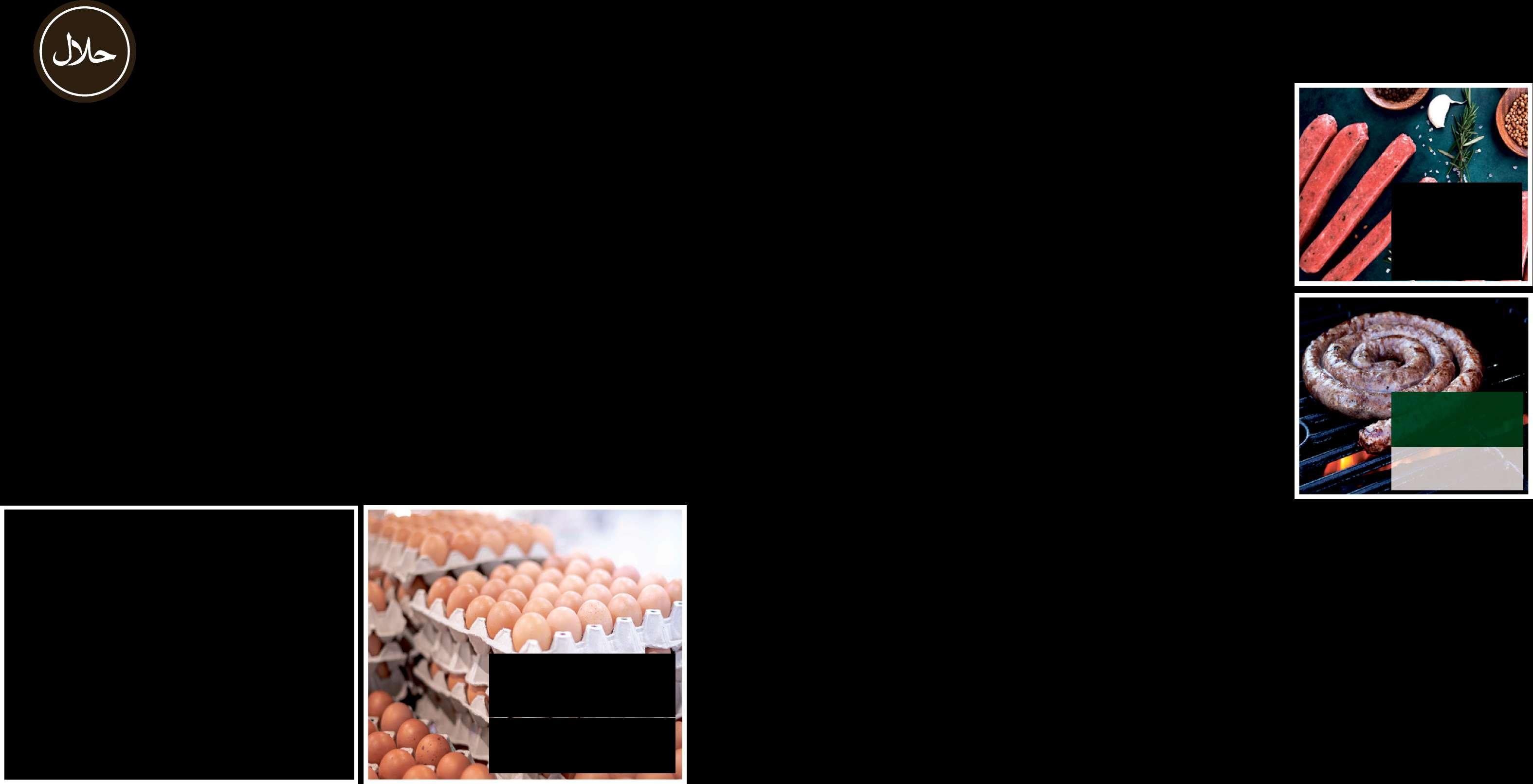

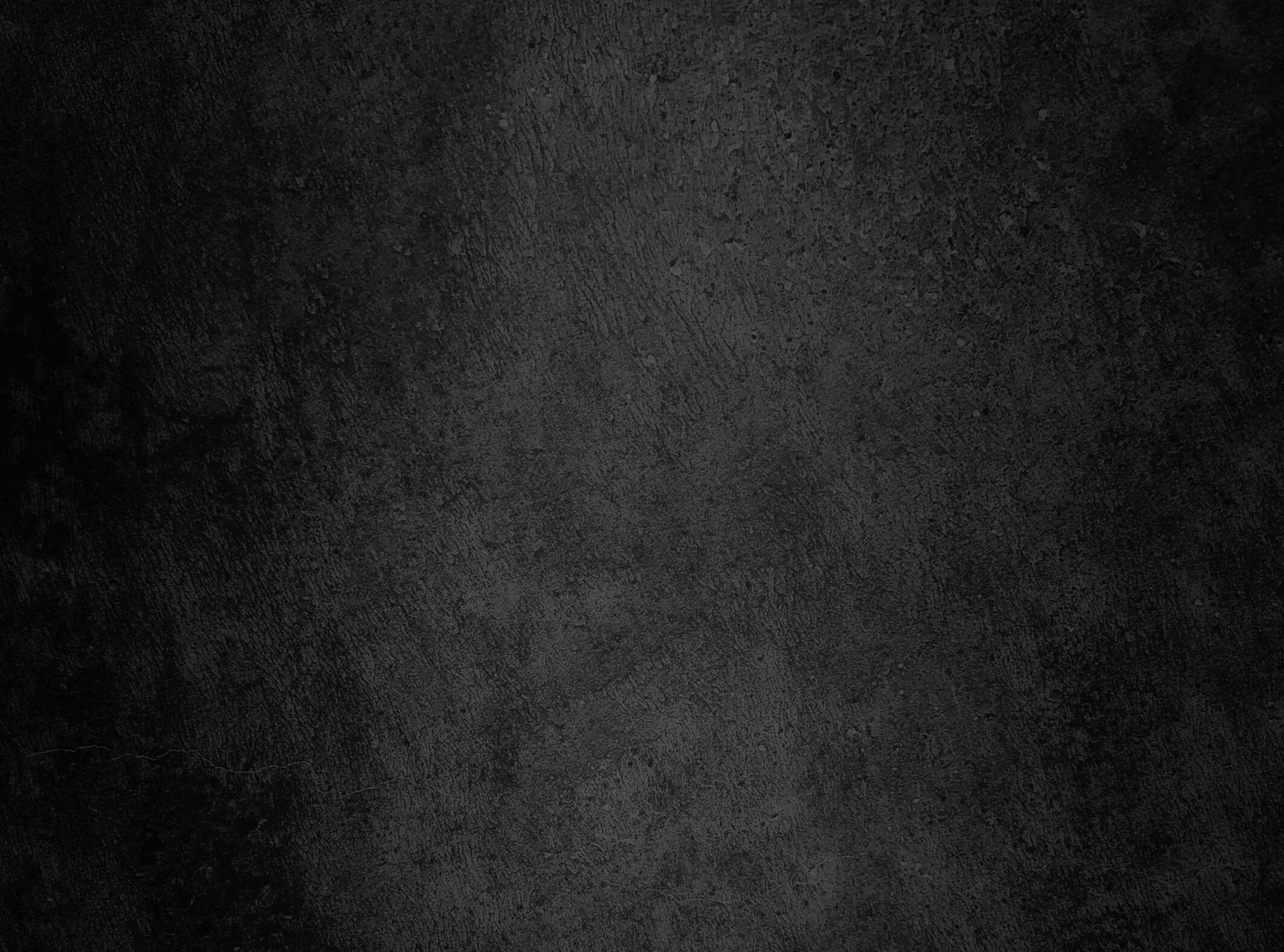
NAMHLAMONAKALI
The Cape Family Research Forum (CFRF) hosted an engaging public talk in Wynberg on Saturday 11 October, where award-winning author Gaireyah Fredericks inspired audiences with readings from her acclaimed short-story collection Een Voet innie Kabr
Founded in 2002, the CFRF is a Cape Flatsbased network of family historians and genealogy researchers committed to “social mapping”, rebuilding family trees and reconnecting communities fragmented by apartheid-era forced removals Through its monthly lectures the organisation continues to explore intersections of heritage, language and identity Saturday’s event, held at Muhammadiyah School in Batts Road, formed part of the CFRF’s ongoing series of public lectures aimed at preserving family histories, culture and community memory across the Cape Flats Fredericks, a 2025 Western Cape Cultural Awards nominee for Literary Excellence, spoke passionately about the importance of valuing and preserving Kaaps, the Cape vernacular that reflects the lived experiences of its speakers
“Our language is our power, ” she told her audience “To value and speak in our own tongue is the ultimate act of self-discovery It connects us to our roots and reminds us that our ancestors were giants whose stories still feed us today ”
The talk and readings drew a lively response from the audience, who reflected on the personal and cultural significance of hearing their own language celebrated in literature
“Today, I heard the spoken language of my grandmother,” said Ebrahim Abrahams, Muhammadeyah Primary School principal, who was also there “It made me aware of how much of our identity is carried in our speech ”
Another audience member, Micheline Fortune added: “Although I grew up in a Christian
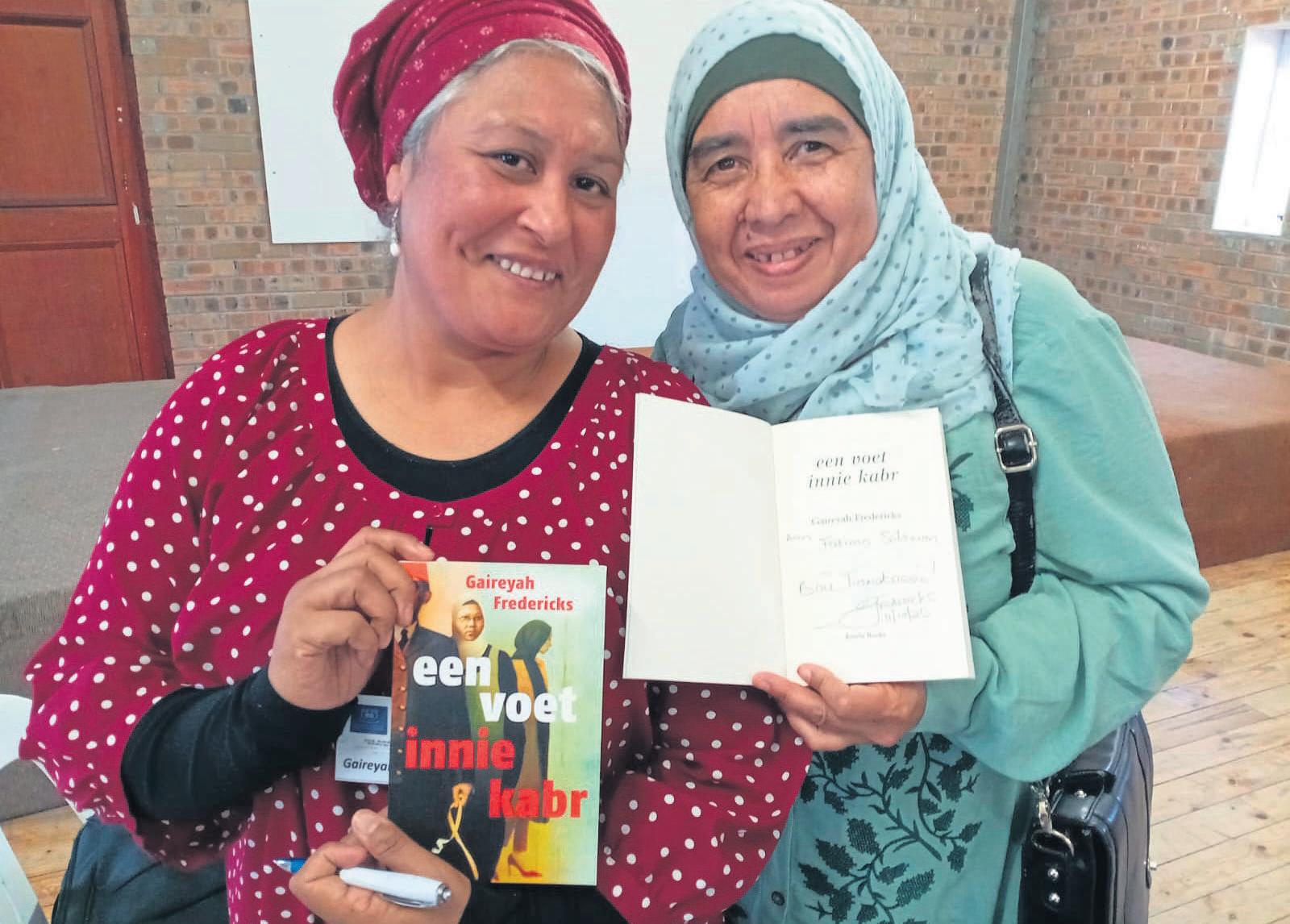
MANY FELT GOOD AFTER THE AUTHOR ENCOURAGED TO THEM EMBRACE THEIR ‘AFRIKAAPS’IDENTITY.
home in Athlone I recognise and understand this Cape Muslim vernacular It’s the language we all shared as children on the Cape Flats ” The discussion evolved into a broader reflection on language loss and identity among

younger generations Participants noted how children are often encouraged to speak “ proper English” at the expense of their home languages, creating cultural disconnect Fredericks’ presentation resonated with CFRF organiser Mogamat Kamedien, who described her work as “ an inspirational self-discovery of the enduring significance of Kaaps as a separate language vernacular reflecting lived experiences ” She signed copies of her book, available for purchase at R295 per copy According to organisers nine out of 14 copies of Een Voet
Kabr were sold

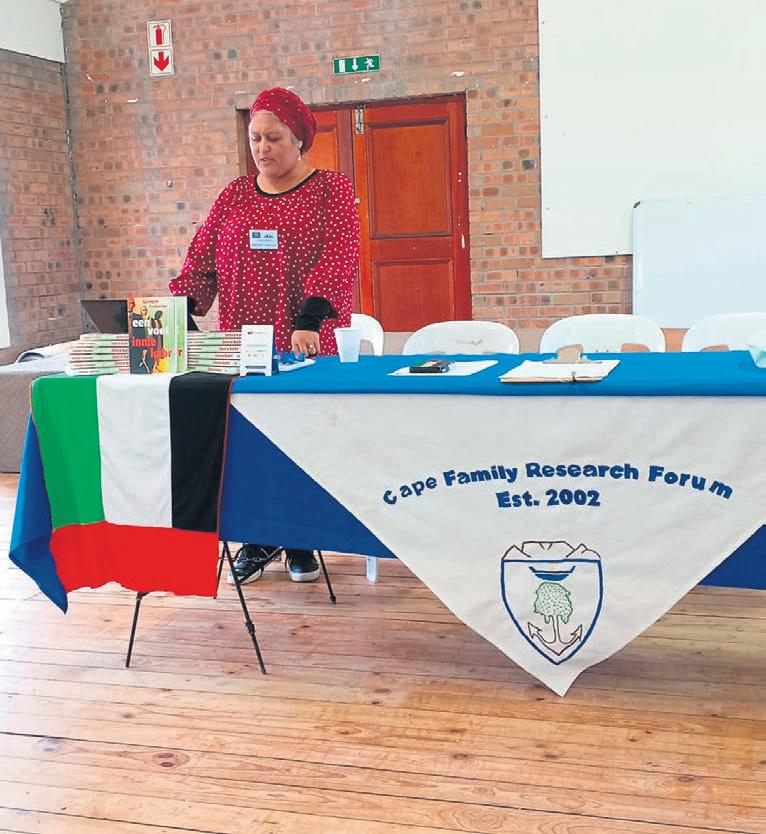
KAYLYNNE BANTOM
KAYLYNNE BANTOM@NOVUSMEDIA CO ZA
Established in 1935, and nearly 6 million meals later the Service Dining Rooms on Canterbury Street has remained a beacon of hope in Cape Town’s city centre
On Saturday 11 October, the organisation marked its 90th anniversary with a celebratory lunch honouring nearly a century of service
The milestone celebration followed World Homeless Day, observed on Friday 10 October, adding timely relevance to the occasion and highlighting the continued importance of organisations working to support the city’s most vulnerable
The Service Dining Rooms was founded during the Great Depression, as a response to growing unemployment and hunger
Founder Doris Syfret and two friends envisioned a place where people could purchase an affordable, nutritious meal rather than receive charity
Today, the organisation provides sit-down meals to over 200 people from Monday to Friday, charging just R2 per meal
Laurine Platzky, chair of the Service Dining Room’s board, said that with the high cost of living, the organisation remains a crucial safety net for those who cannot afford a daily meal
“It’s a dignified environment People come into the facility and sit down, and they are served with dignity We are grateful to our donors who continue to support this organisation They come in food form like I&J and SA Harvest they are incredibly generous with the proteins that we serve We also get financial contributions and those who make donations to the maintenance of the building ”
Platzky says they would not be able to continue their service without the dedication of their five employees
“They cook and prepare the meals and do the cleaning up We are always looking for people who will volunteer their time ” The Service Dining Rooms will also be honoured with the Mayor’s Medal one of the highest civic accolades awarded by the City of Cape Town at a special council meeting next month
Mayor Geordin Hill-Lewis, who attended the event, said the organisation serves as an inspiration
“In a world where challenges often seem overwhelming your example shows that no matter how big the problem no matter how seemingly overwhelming if you tackle it with compassion, respect and a sense of community you can make lasting positive change ” Hill-Lewis commended the team for their tireless devotion to ensuring Cape Town’s most vulnerable are never without a warm meal
“Congratulations to the team on their remarkable 90th anniversary Thank you for nine decades of extraordinary service to Cape Town’s underprivileged and vulnerable communities ”
Simon Browne, the great-nephew of the founder, said he is proud to see his Syfret’s legacy living on through the continued work of the Service Dining Rooms
“She was born into the British Empire and was from a wealthy family She spent her childhood in Cape Town but went to high school in England She was an upstanding and straightforward person She had great courage She would come to work at the Service Dining Room every Saturday ” He believes his great-aunt would be proud to see her legacy of compassion and service continuing to thrive today
Staff member Tougeedah Britton said it’s a privilege to serve people
“I have been working here for a year now It is a privilege to work here, the staff members are nice and so is management We have our ups and downs with the clients on some days, but they are wonderful ” For client Deidre Owies, the organisation has been a beacon in times of need
“It helps us a lot And the food is nice and so is the staff ” Patience Langa, also a client, said she was referred to the Service Dining Rooms in February this year
“I was unemployed at the time and didn’t know where my next meal would come from I was told about this organisation I started coming here with my son The food is nice, and we get good service ”





It’s matric ball season, and Grade 12 learners across the country are celebrating the end of their school journey in style with glamorous outfits, memorable moments, and lifelong friendships on full display.
For many, the matric dance is more than just a formal event it's a rite of passage, marking the transition from high school to adulthood After years of hard work, exams, and latenight study sessions, the event offers learners a well-deserved evening of joy, celebration, and reflection
People’s Post asked readers to send us photos of their special day


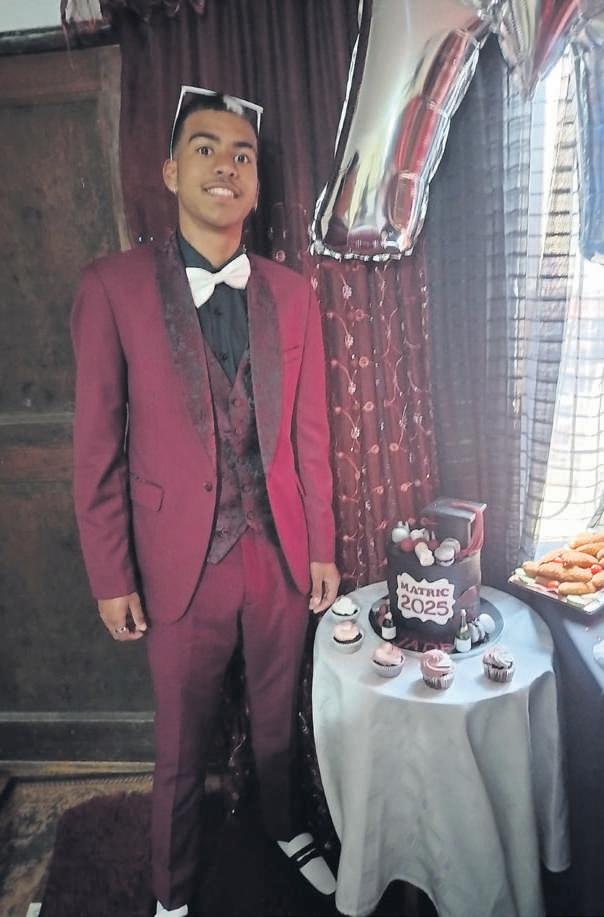
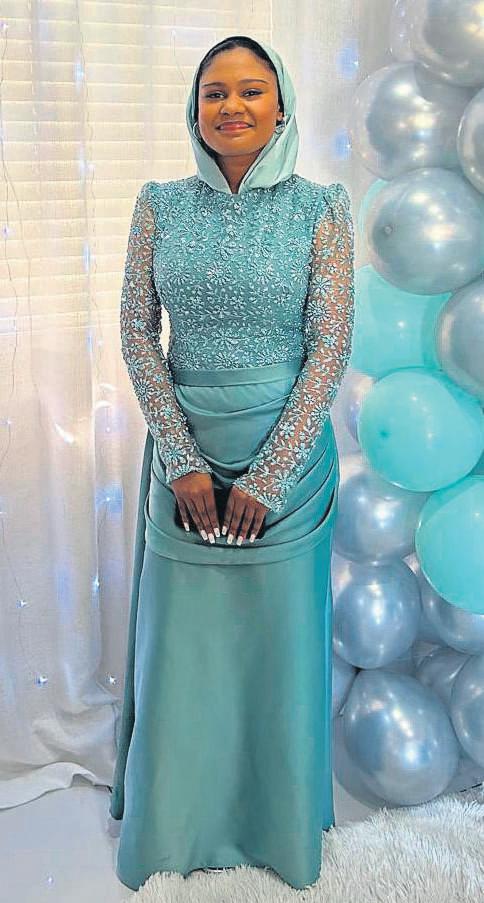
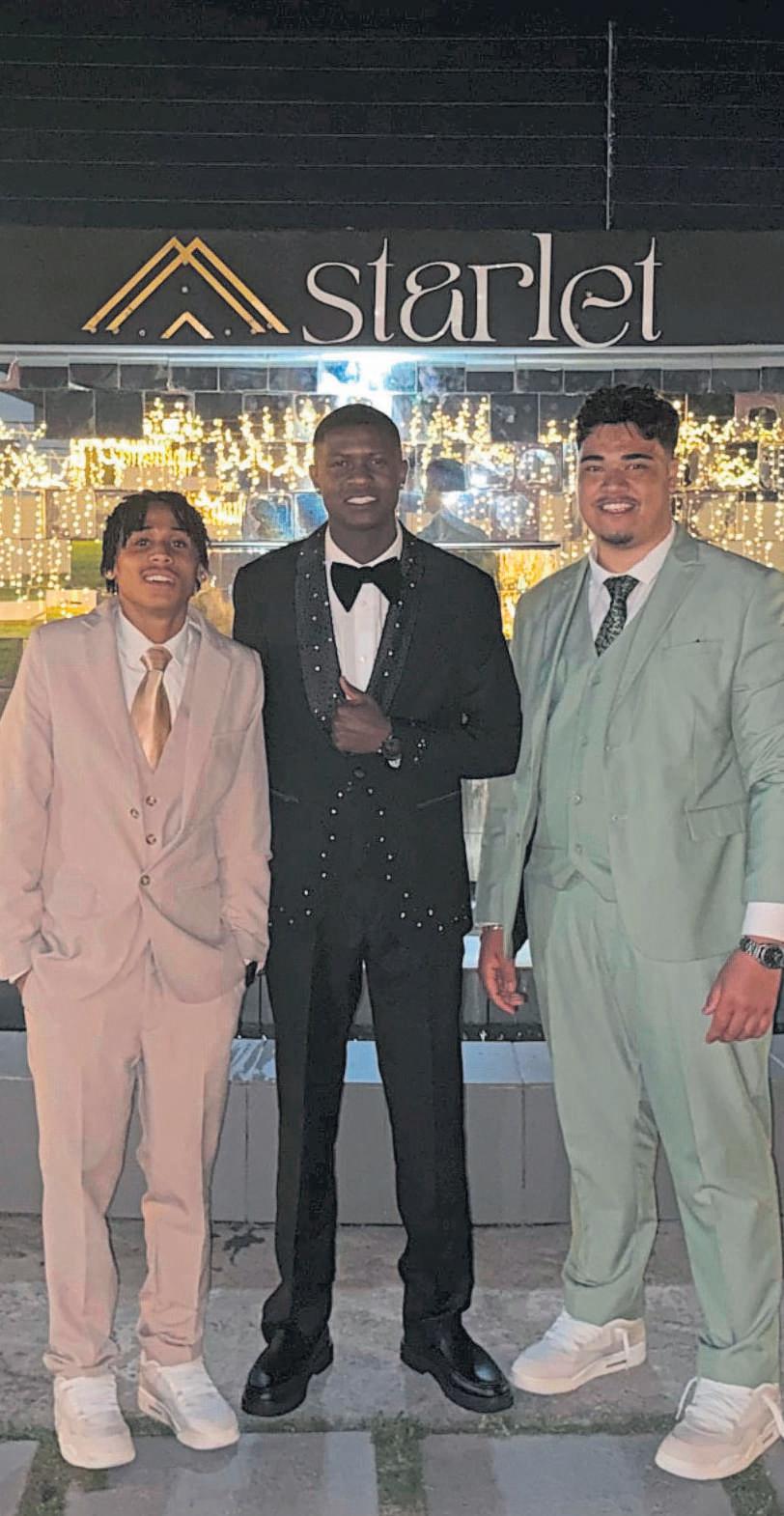


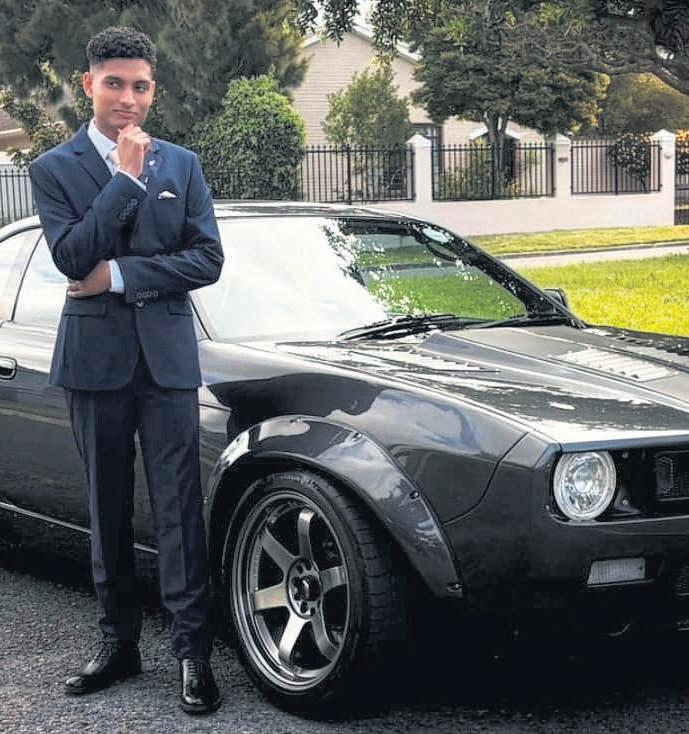
KAYLYNNE BANTOM
KAYLYNNE BANTOM@NOVUSMEDIA CO ZA
The red carpet was rolled out at the Artscape Theatre on Tuesday 7 October, as the Western Cape Department of Cultural Affairs and Sport honoured the province’s top talent in arts, culture and heritage
Under the theme “Journey from Darkness into Light: Thrive”, the evening was a celebration of creativity and contribution, recognising artists, linguists, librarians, and heritage custodians for their lasting impact across the Western Cape (WC) Winners were crowned across a range of categories, including Excellence in Performing Arts Award, a project that promotes South African Sign Language or the marginalised indigenous languages of the Western Cape, The Best Friends of the Public Library and Ministerial Commendations Renowned musician Loukmaan Adams was one of the recipients of a Ministerial Commendation, while Dr Isaac Balie was one among those who received a Ministerial Legacy award for his lifelong contribution in his field
Thandi Swartbooi, founder of the all-female ensemble Women Unite, was also recognised for her pioneering work in preserving indigenous dance and music, and empowering communities through the arts
Jabaar Mohamed, provincial director of DeafSA Western Cape, won the Project that Promotes South African Sign Language or the Marginalised Indigenous Languages of the Western Cape category for his TV show called Accessibility with Jabaar Speaking to People’s Post, Mohamed said the award is more than just a “trophy”
“It’s a recognition of years of advocacy, passion, and belief in my media platform Accessibility with Jabaar TV talk show on Cape Town TV It represents the roots of inclusivity for the Deaf, Hard of Hearing, and Disability communities because that’s where true community begins ” Mohamed said it’s a powerful reminder that accessibility matters, and that voices expressed through South African Sign Language (SASL) are
“finally being seen and valued”
“I dedicate this award to everyone who continues to break barriers and create equal opportunities for all
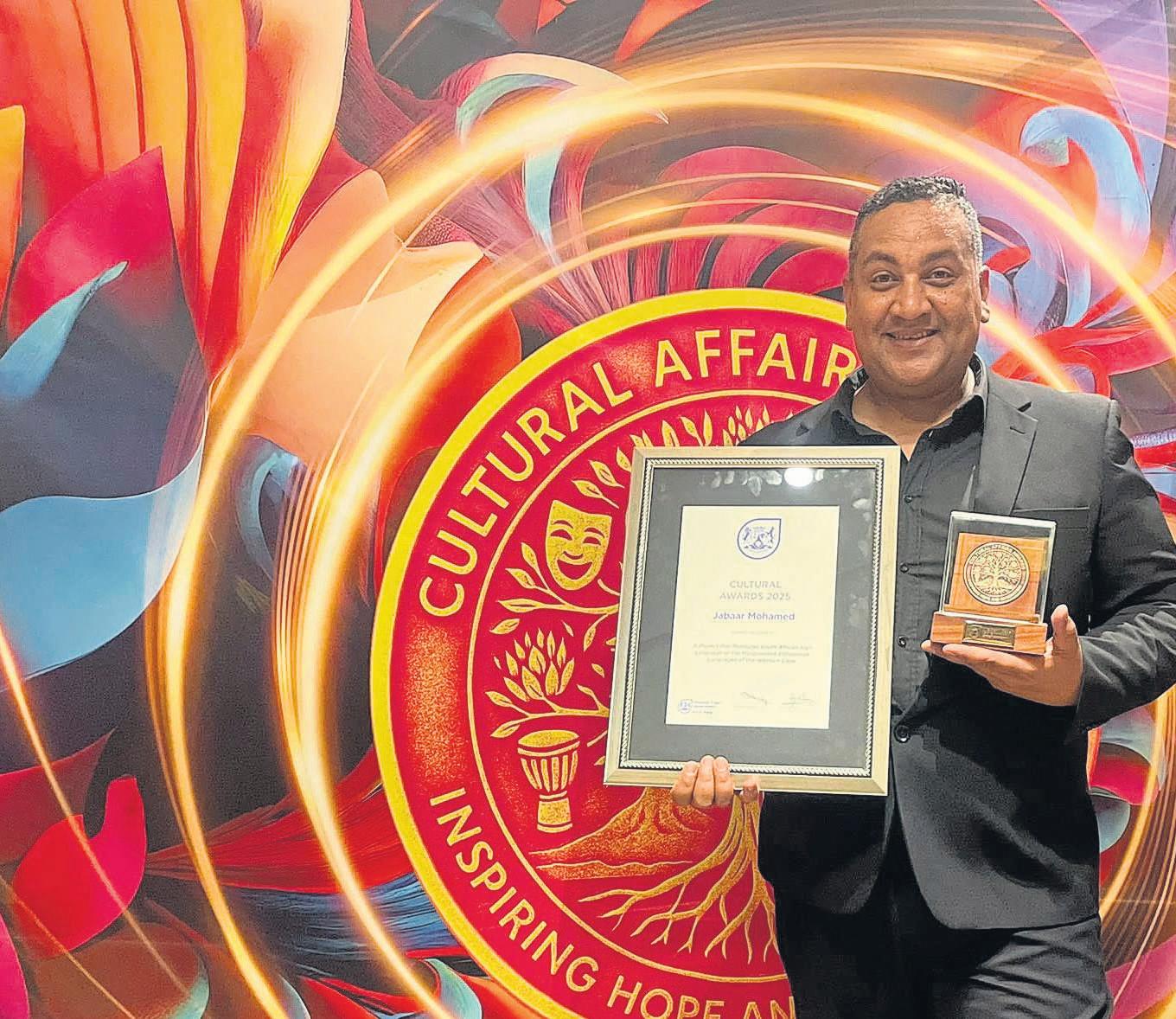
to do more This award doesn’t mean I’m done; it’s just the beginning
There’s still so much I’m planning ”
The Best Friends of the Public Library award went to the Friends of the Central Library Mike Klink, chair of the Friends of Central Library, said: “It takes a lot of work to build relationships in the library ecosystem This win is not just about my leadership but about my team and everyone contributing We encourage people to come to the Central Library to see what the friends of the library are doing They are welcome to partner with us to create more creative and innovative ideas ” Ricardo Mackenzie, provincial minister of cultural affairs and sport, said art is the mirror and heartbeat of society
“It captures our shared struggles and triumphs, reminding us that creativity is both our refuge and renewal
The theme speaks to the spirit of our province, a spirit that refuses to be defeated by hardship and instead transforms it into hope, beauty, and understanding “When we celebrate our artists, we celebrate resilience, imagination, and the belief that through culture, we move forward ”


